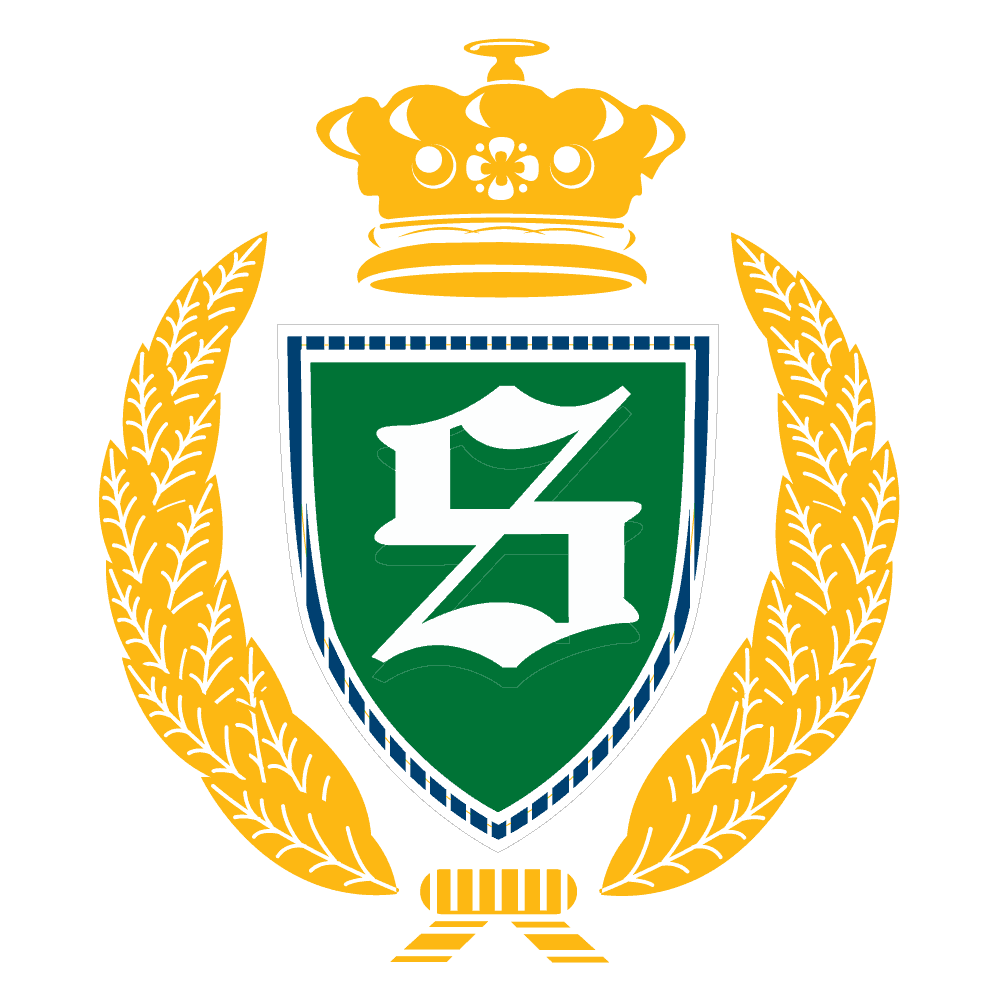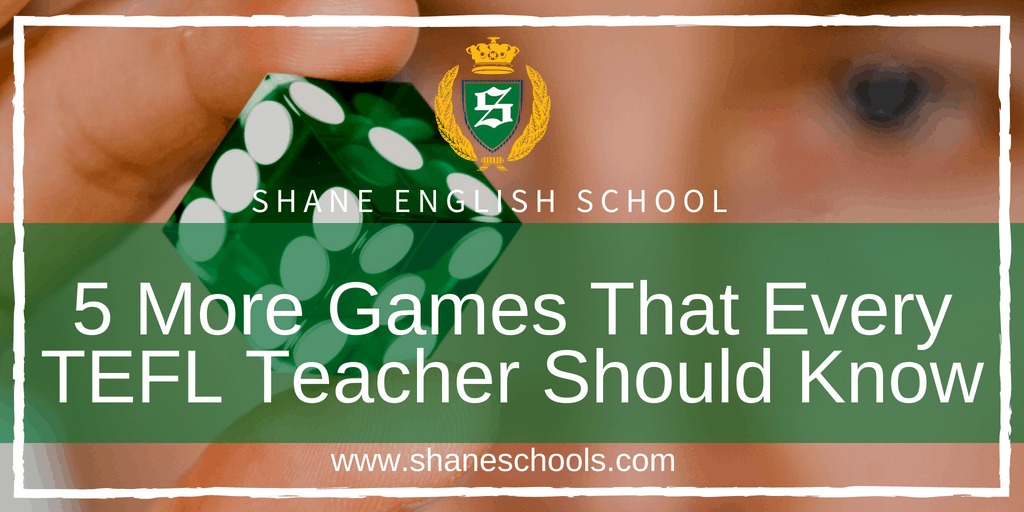Whether you’re a newbie teacher or have been imparting your knowledge for years, you can always do with some extra games up your sleeve! Following on from our article ‘Top 5 games that every TEFL teacher should know’, here we have 5 more games that you can introduce to your language lessons. Whether you teach children or adults, high level or low level, you’ll find a game you can implement.
Scattergories
This is one simple game that can be used for a great variety of vocabulary sets and is adaptable to suit different ages and levels. The basic principle is to think of words in different categories that start with different letters. For example, you might have recently studied animals with your class and want them to brainstorm some of their new vocabulary words. You might give them the letters C, F and T and they’ll come up with Cat, Frog and Tiger. One way to run the game is to have one category (for example, animals) and get students to find one word for each letter of the alphabet – it can be tricky for letters like X, Y and Z! If your students are lower level, just choose a few letters to work with. Another way to do it is to pick several categories (for example; animals, food, body parts) and then just one or two letters (B – bear, brownie, brain). For higher level students, you can have several letters and several categories, or make it harder by giving the students blends that the word has to start with (th, sh, ch, ca, bu…) or the letter that a word ends with. This makes a great activity for pair work or teamwork.
Age/Level: From A2 up to C2+, and great for teens and adults but can also work with middle school children.
Stage of lesson: Good for a warmer to recap, or as a cooler at the end of the class.
Prep/Props: You can get printable tables online, make one yourself or ask students to draw one. You can also prepare a bag of scrabble tiles / letters on paper to pick which letters to use.
Easy Board Games
The area so many simple board games that you can use in your classroom and most of them can be used for all ages and levels. Here are just a few ideas: Hangman is a great way to review vocabulary and practice spelling. Pictionary can be played on a whiteboard as a class, on mini whiteboards in teams, or on pieces of paper. It’s a fun way to review language. Dice Throw Dictation is a great way to create a quirky picture as a class. If you’re reviewing body parts vocabulary, draw a monster on the board and roll the dice for each body part you draw – three eyes, six legs, two noses… To review farm animals, draw a farm with a dice throw for each item – six farmers, one cow, five cats… Be creative!
Age/Level: Any level and age, but particularly good for younger learners.
Stage of lesson: A fun warmer, great to review between activities, or as a cooler at the end of the lesson.
Prep/Props: Whiteboard and pens
Get the most out of your whiteboard: How’s Your Board Work?
Party Games
Remember the games you used to play at children’s birthday parties? Those can make great activities for your ESL classes. Simon Says is a fun way to let a student lead an activity, to get creative and recap language learnt. Musical chairs/statues might not practice a whole lot of language speaking, but it’s good fun and gets the kids moving. You can also adapt it to practice language – when a student is out, ask them to make a sentence using the target language. Duck, Duck, Goose is obviously great for getting students to practice farmyard animal vocab, but you can also adapt it to whatever you’ve taught recently. Why not ‘cat, cat, pig’ or ‘pizza, pizza, hotdog’ or ‘fireman, fireman, doctor’? What’s Missing? Is a great game to use realia with – prepare a tray with different items, then secretly take one away for students to guess which one.
Age/Level: Great for lower levels, and for young children up to early teens.
Stage of lesson: Great for warmers and coolers, or for livening up a class that is going a bit flat.
Prep/Props: Depends on the game.
Charades
Another game with very little prep which can be adapted to your lessons. To review recent vocabulary, ask students to act something out for their peers to guess. You can prepare flashcards or slips of paper with items to choose from, and they can pick out of a hat to make it random. Ideas include – acting out different jobs, action verbs, collocations, different animals… be creative!
Age/Level: Middle-grade kids up to adults.
Stage of lesson: A great way to review.
Prep/Props: Slips of paper with charade hints.
Yes/No
What could be simpler than answering a question? Well, if you’ve played the Yes/No game, you’ll know it isn’t as easy as it sounds! Students need to ask each other questions and can’t reply using the words ‘yes’ or ‘no’. It’s a good idea to start by brainstorming alternative responses, such as: maybe, sometimes, I couldn’t say, not often, I’m not sure… Make it more difficult by saying that each response needs to be unique.
Age/Level: Good for teens and adults.
Stage of lesson: A fun warmer.
Prep/Props: No prep required!
Want more teaching tips? Check out our Teaching Tips blog. Or if you’re looking for a teaching job, visit our recruitment division at www.saxoncourt.com.
About the Author
Celia Jenkins is a freelance writer and TEFL-trained English teacher who spent five years teaching in Asia. She specialises in travel writing and writing for children, and has a penchant for knitting. Celia is the author of Knitted Sushi (easy knitting patterns for beginners) and Ben and Maki – Let’s be Friends (an English/Japanese bilingual picture book). To contact Celia about freelancing work, check out her website.

We're hiring!
With schools around the world, Shane English School always has exciting new opportunities to offer.


